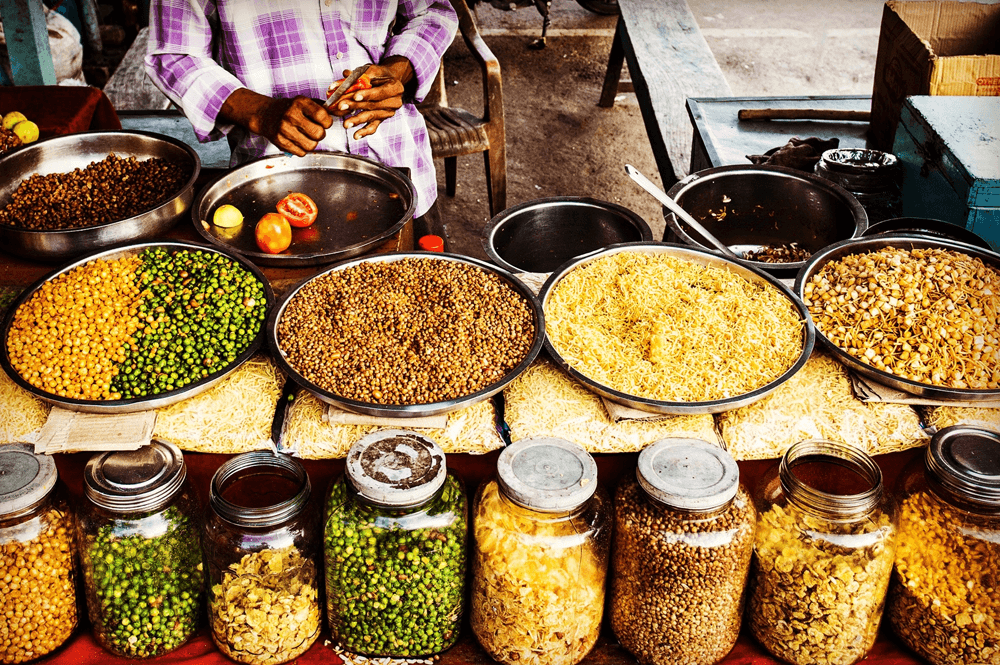Last year was a coming out party for everything plant based. Vegan documentaries earned some serious street cred with James Cameron’s Gamechangers. Buckingham Palace announced the Queen is ditching all her furs. And the Beyond Meat IPO (a company specializing in plant-based meat substitutes) rocked Wall Street, leading famed investment analyst Jim Cramer to call the company the ‘next Amazon’.
Concern for the planet is fueling the movement. As consumers become more aware of the carbon cost of animal agriculture—along with the fear that the COVID-19 virus may have spawned from ‘wet’ animal markets in the Wuhan province of China—more and more people are choosing to adopt a plant-based diet.
There’s a significant problem, however: Protein. Plants just don’t have a lot of it compared to animal products like beef, chicken, and fish. And that can cause serious health conditions for individuals who go vegan/plant-based without understanding their unique protein needs.
Legumes: The best protein food for plant-based diets?
Fortunately, there is a plant-based food that does provide a hefty protein punch. If you are adopting a vegan or plant-based diet, you don’t want to skip out on this one.
Legumes.
This food group includes things like edamame, chickpeas, and tempeh—all of which can be found at the grocery store. Best of all, legumes are high in lysine, an amino acid that can be tough to find in other plant-based foods.
3 ways to get more legumes
Here are 3 tips for getting more legumes in your daily diet, according to Sarasota nutrition coaches:
- Snack on hummus and vegetables. Hummus is made with chickpeas and often blended with delicious herbs. Tip: Locally produced hummus is usually featured on the shelf at grocers like Whole Foods. Buying local is your best bet when it comes to minimally processed and delicious foods.
- Top your meal with chickpeas, tempeh, or edamame. If you’re following a plant-based diet, you’re likely already eating salads or vegetable casseroles. Increase the protein content with legumes—they pair nicely with most salad dressings and sauces!
- Avoid overly processed snacks. The legume secret is out, and companies are looking to capitalize. Don’t rely on crackers, chips, and other snacks that say they’re made with legumes or chickpeas. Instead, get your protein straight from the source using the tips above.
Chickpeas are one of the most popular legumes, mostly because they are easy to find, prepare, and taste delicious. Visit the following page on Veggie Inspired to browse some tasty vegan chickpea recipes.
Find a health coach who specializes in Ketogenic Diets.
Sometimes, it’s best to speak with a coach who can help you navigate the uncertainty of major life changes. Coaches can also help you find doctors, nutritionists, and other licensed professionals who can safely fast-track your fitness goals.
Learn more about coaching by visiting our Nutrition Coaching page.
